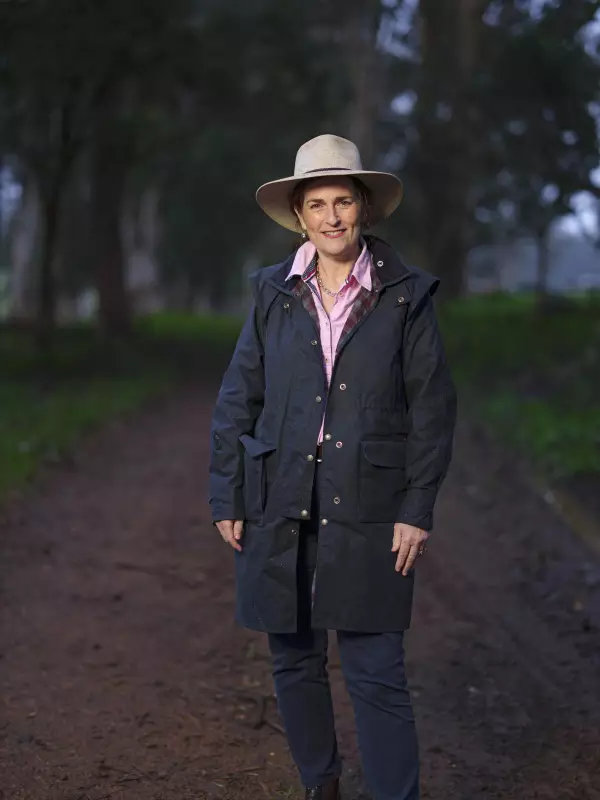
The managing director of one of Western Australia's most prominent dairy companies has issued a stark warning about the potential impact of net zero policies on everyday grocery bills. Sue Daubney of Bannister Downs says the push toward carbon neutrality could drive the price of milk to unprecedented levels that would shock Australian consumers.
The Cost of Going Green in Dairy Farming
According to Daubney, the financial burden of implementing net zero compliance measures across the dairy supply chain would be substantial. Farmers would need to invest significantly in new equipment and technology to meet emissions reduction targets, costs that would inevitably be passed along to consumers.
The Bannister Downs boss explained that every aspect of milk production would face increased expenses under net zero requirements. From feed production and cattle management to processing and transportation, the entire system would require costly modifications to reduce carbon footprints.
Daubney's comments highlight the tension between environmental goals and economic reality in Australian agriculture. While supporting sustainability principles, she emphasizes that the practical implementation must consider the financial viability of farming operations and the affordability of basic food items for Australian families.
Potential Impact on Australian Households
The projection of milk reaching $7 per litre represents a dramatic increase from current prices. This would place significant pressure on household budgets, particularly for families with children who regularly consume dairy products.
Such a price surge would represent one of the most substantial increases in a basic grocery item in recent Australian history. The dairy industry serves as a critical case study in how environmental policies might affect the cost of living across multiple sectors.
Daubney's warning comes amid broader discussions about Australia's transition to renewable energy and reduced emissions. The agricultural sector faces unique challenges in this transition, as many farming operations rely heavily on energy-intensive processes that currently depend on traditional fuel sources.
Broader Implications for Australian Agriculture
The concerns raised by Bannister Downs extend beyond the dairy industry. Other agricultural sectors could face similar cost pressures as net zero policies are implemented nationwide. The warning serves as an important consideration for policymakers balancing environmental targets with economic impacts.
Daubney's comments contribute to an ongoing conversation about how Australia can achieve its climate goals without creating undue hardship for either producers or consumers. The challenge lies in developing practical pathways to emissions reduction that don't threaten food security or affordability.
As the net zero debate continues, the perspective from ground-level agricultural businesses provides crucial real-world context about potential unintended consequences of well-intentioned environmental policies.
The Bannister Downs managing director's stark price projection underscores the need for careful planning and support mechanisms during Australia's energy transition. Finding the right balance between environmental responsibility and economic practicality remains one of the most significant challenges facing the nation's agricultural sector and policymakers alike.






